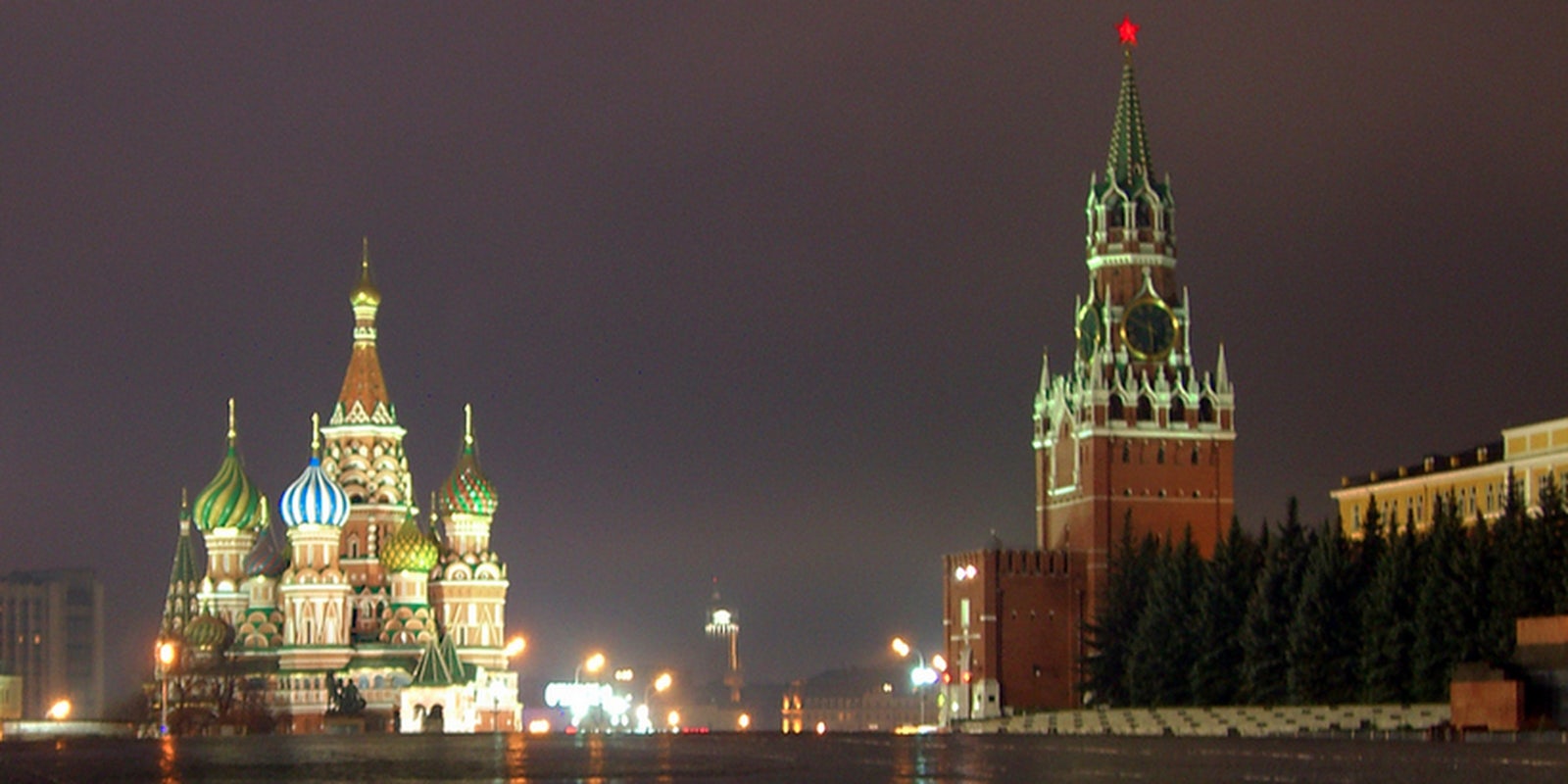There are bots for spying and bots for thieving, but now there’s an online bot to do the thing many “tsk-tsking” mothers have tried unsuccessfully to do for years—keep people from swearing.
In accordance with draconian new speech laws that ban the use of swear words in Russian media, the BBC reports that the Russian government plans to unleash a bot this fall that is designed to root out and censor obscene language online.
The law was passed last year amid a larger crackdown on free speech in that country. Under the new law, the government, controlled by Vladimir Putin, expressly forbids citizens online from using “obscene references to the male and female reproductive organs, copulation and women of loose morals, and all words derived from them.” According to language experts, this is a difficult law to enforce given the rich tapestry of Russian words related to these topics.
A commenter quoted by the BBC took a satiric jab at the new law.
“If they ban swearing in Russia, all technical progress will grind to a halt,” he said. “Warehouses will close and the army will lose its combat readiness. For our Motherland, it will be the end.”
Joking aside, the Putin regime is serious about enforcing the new law. Prior to the automated bot, a government watchdog group, Roskomnadzor, has manually monitored some 5,000 websites for potential violations. Under the law, violators will receive fines and have their equipment seized, Russian newspapers report. The new bot, if it works as promised, will greatly increase the effectiveness of censors and severely limit the free speech of Russian Internet users.
The ban on swearing was expanded this week, when Putin signed a new piece of legislation that forbids swearing at arts, cultural, and entertainment events throughout the country. This means that musicians with obscene lyrics cannot perform live without modifications to their songs. Movies with swear words in them will be forbidden from distribution in Russian theaters. And copies of books, CDs or movies containing offensive language will have to be sold in sealed packaging labeled “Contains obscene language.”
Laws against obscenity have been broadly used in Russia to stamp out media that challenges the current regime. Much of the political opposition to Putin has been stirred online, using social media sites like LiveJournal. The Russian government has censored a number of opposition sites in the wake of its incursion into Ukrainian territory. And much of the anti-LGBT movement in Russian has been fueled by laws condemning pro-gay “propaganda” and speech.
Photo by Vicente Villamón/Flickr (CC BY-SA 2.0)


